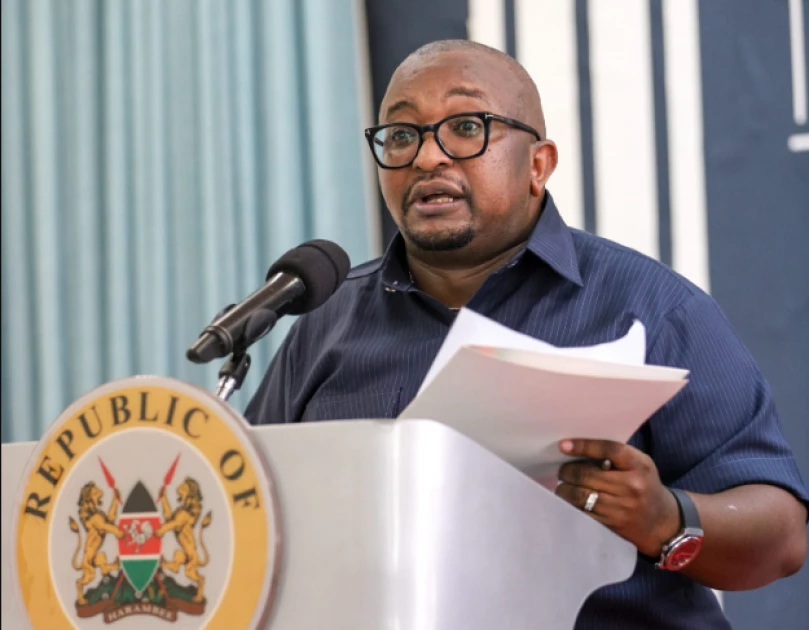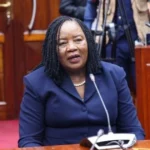Principal Secretary, Charles Hinga, took his time to explain the proposed housing levy in finer detail. The PS addressed a press briefing on the housing levy at State House, Nairobi to break down how it would be implemented and the people involved in it.
Those who fail to pay the monthly deductions for the houses along the 20-30 year journey of repayment will be thrown out. Once thrown out, one will not receive any refund from the months that have already been paid for.
In addition to this, one will be required to first pay a deposit, of 10% of the house value before setting foot inside it. At the same time, the houses that are not bought will be paid for by civil servants across the country. This programme will work because the people will be forced to pay 3% of their salary to fund the levy. The incentive is a mandatory patriotism to help solve the housing crisis in Kenya. There have been many debates on whether the 3% is a tax or a law as the president mentioned.
Taxpayer’s additional costs on the housing levy explained
Alongside the 3% contribution to the government, the officials show the possible added costs from the housing levy to the taxpayer. We have the employees taking home salaries less Ksh 2,500 and the employee having an added cost maxed at Ksh 5,000, double the employees’ pay.
“You will be paying for the service charge because that is your house. The conversation is owners versus renting, you need to take care of that house,” he said
The owners will therefore care for the service charges that come with the house, the maintenance cost as well as the mortgage payment. The benefit is that more people will own houses and at the same time at a lower interest cost of 5% in a 30-year payment period.
For registration to benefit from the house units, one will be required to pay 10% value of the house. They will do so by registration through the ‘Boma Yangu Portal’ under the National Tenant Purchase Scheme.
People who want to opt out after the seven years set will only get back their contributions while their employer’s contributions on the employee’s behalf will be retained by the government for another seven years. This is for the sole protection of the capital fund. One will only receive the full amount immediately when one dies or retires.
“You get back your money at the earlier of retiring, death or seven years, whichever comes first, ” he said
This affordable housing programme is set to help eradicate slums in Kenya. In addition to that, it would create more jobs in general for the public. Not to forget, it would also create room to reduce the number of people living on the streets.
Äs the government, the only policy we are going to have in place is the one national ID, one house unit. We cannot follow up with the individual to ensure they are the ones occupying the house.
Citizens’ main worry is that the government has had a history of mismanagement of funds. What assurance do the citizens have that this time round, they will manage the funds well and won’t be a recipe for another scandal?
Read Also: Raila accuses Kenya Kwanza of schemes to cement rutos grip on power















